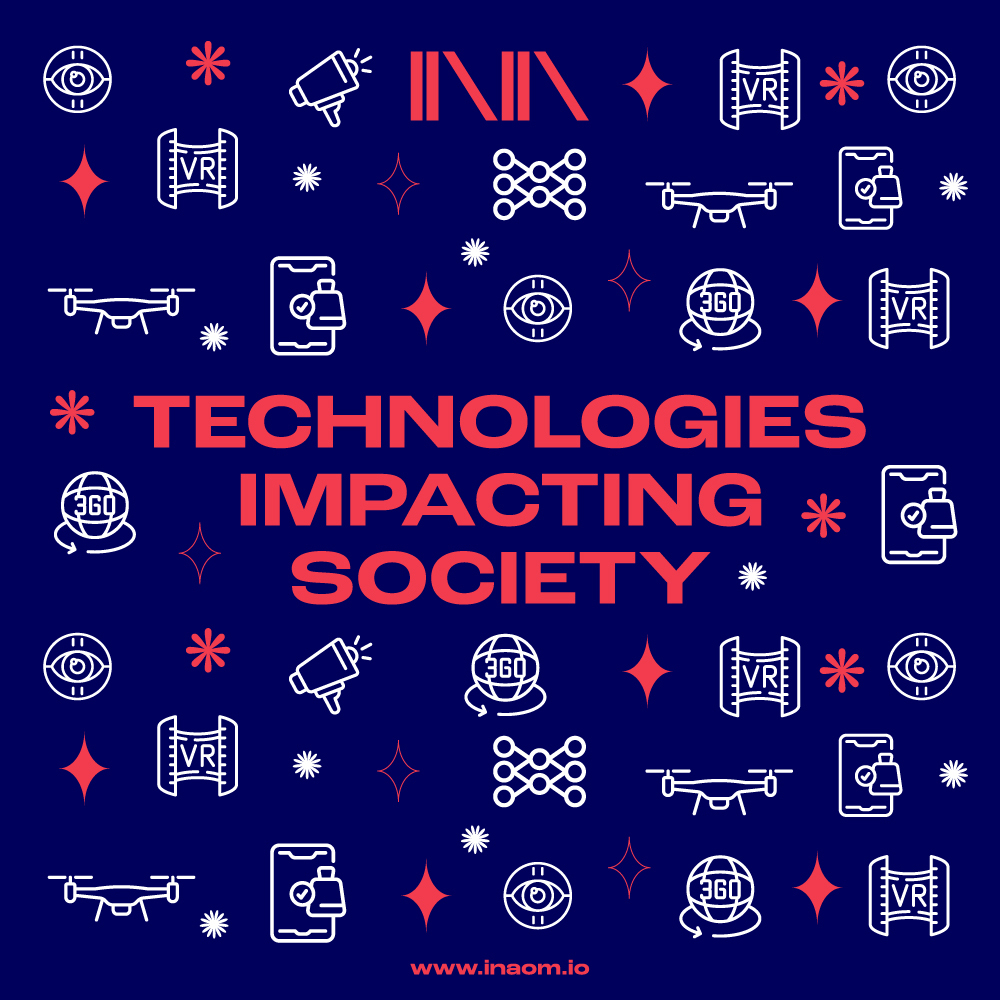Introduction
In today’s digital age, technology has revolutionised the way we connect with others, including our intimate partners. One intriguing phenomenon that has emerged is Digisexuality, a term that refers to individuals who prefer sexual experiences and relating through immersive technologies, even if they don’t involve a human partner. In this blog post, we delve into the world of Digisexuality and its impact on intimate relationships, drawing insights from the expertise of Dr. Markie Twist, a licensed Marriage and Family Therapist and renowned researcher in the field.
Dr. Markie Twist: A Pioneer in Digisexuality Research
Dr. Markie Twist, the co-creator of the term digisexuality, hails from a small, secluded town in Alaska. Her upbringing in such an environment highlights the role of technology in providing a sense of connection in today’s interconnected world. As a relationship counsellor and researcher, Dr. Twist’s expertise sheds light on the parallels between technology-related issues and other relationship challenges. She emphasises that technology, in itself, is neither inherently good nor bad; it is the manner in which we utilise it that defines its impact.
Follow Markie on Twitter:
https://twitter.com/Dr_Markie_Twist
Dr. Markie Twist Publication:
The Internet Family: Technology in Couple and Family Relationships
(Co-author with Dr. Katherine Hertlein)
Digisexuality and its Evolution
The term “Digisexuality” was first introduced by Dr. Markie Twist and her colleague, Neil McArthur, in a journal article back in 2017. Since then, it has sparked significant interest and debate in the realms of sexuality and technology. Digisexuality refers to individuals who prefer to engage in sexual experiences and connections through immersive technologies, without necessarily involving human partners.
The First Wave: Technology as a Connecting Tool
In the initial wave of Digisexuality, technology served as a means to connect individuals with each other. Dating apps and online platforms became popular tools for people seeking romantic and sexual encounters. These technologies enabled individuals to bridge geographical distances and engage with potential partners in ways that were not previously possible. The internet provided a virtual space where people could explore their sexuality, interact with others, and develop relationships. However, in this wave, the technology was merely a facilitator, and the focus remained on human-to-human connections.
The Second Wave: Technology as an Immersive Experience
As technology continued to advance rapidly, the second wave of Digisexuality emerged. In this phase, immersive technologies took centre stage, offering users a more intimate and interactive experience. Virtual reality (VR) and augmented reality (AR) technologies allowed individuals to engage in simulated sexual encounters and explore their desires in a virtual environment. This new level of immersion blurred the lines between reality and digital experiences, opening up a realm of possibilities for Digisexual individuals.
Implications and Controversies
The concept of Digisexuality has brought about both curiosity and concern. Supporters argue that these technologies offer a safe space for individuals to explore their sexuality without judgement or harm. It may also serve as an outlet for those with limited access to physical intimacy. However, critics raise ethical questions about the potential impact on human relationships and the risk of addiction to immersive technologies. They fear that excessive reliance on digital experiences could hinder genuine emotional connections and intimacy with real-life partners.
Digisexual Identity: Embracing the New Norm
The transformative technologies have given rise to an emergent sexual identity known as “digisexuals.” The adoption of radical sexual technologies stems from the progress in the field of technology. While digisexuality can be empowering and liberating for many individuals, it is essential to acknowledge the potential downsides, such as digi-based infidelity and uncontrolled digisexual behaviours, which may involve illegal or unethical practices with individuals outside one’s primary partnership.
The Rise of VR Technologies and Their Impact on Digisexuals
Virtual Reality has witnessed significant advancements, moving beyond its initial association with pornography. Through full immersion and haptic devices, individuals can now access intensely realistic sexual experiences that were previously unattainable in the physical world. VR tricks the user’s brain into believing they are genuinely present in the virtual environment, leading to the rise of “digisexuals” who seek fulfilment through cutting-edge technologies like robots and teledildonics instead of human partners.
As society ventures into the era of “digisexuality,” the second wave of sexual technologies is only at its inception, promising to reshape the way we perceive and engage in sexual encounters.
Navigating Complications with Digisexuality
Despite the liberating aspects of digisexuality, it can also present challenges to traditional relationships. For instance, excessive participation in digisexual activities may lead to neglect of one’s primary partner and disrupt the intimacy within the relationship. Research reveals that both the general public and clinicians hold mixed opinions about digisexualities.
Ethical and competent clinicians should be prepared to address the challenges and benefits that arise from the adoption of such sexual technologies when working with clients.
It is noteworthy that while Generation X and Generation Alpha consider digisexuality to be a norm and may even form intimate connections with robots, some individuals might face distress due to their inability to connect with others on a deeper emotional level.
Digisexual Phobia and Embracing Technology’s Potential
Digisexual phobia is a concept that stems from a blend of technophobia and erotocentrism, leading to fear or discomfort with the integration of technology in intimate relationships.
Technology as a Relational Member
Dr. Markie Twist encourages us to perceive technology as a relational member of our lives, similar to a family member. This reframing allows us to acknowledge its significance and impact on our relationships. By recognizing technology’s role, we can move away from fear and discomfort and approach it with a more open and accepting mindset.
Embracing Technology’s Potential
Dr. Markie Twist’s call to embrace technology’s potential encourages us to let go of unfounded fears and reservations. By being open to technology’s possibilities, we can harness its benefits to strengthen relationships and foster intimacy.
Pros and Cons of Technology in Relationships
Dr. Twist highlights that technology, like any tool, can have both positive and negative impacts on relationships. Here are some of the pros and cons she discusses:
Pros
1. Enhanced Communication: Technology has revolutionised communication in relationships, allowing partners to stay connected and interact more frequently, especially in long-distance relationships. Instant messaging, video calls, and social media platforms facilitate real-time conversations and sharing of experiences.
2. Accessibility and Inclusivity: Technology has empowered individuals with disabilities to engage in relationships more easily. Assistive devices and communication tools enable people with various impairments to connect with others, fostering inclusivity and reducing barriers to meaningful relationships.
3. Opportunities for Sexual Exploration: In some cases, technology has provided a platform for individuals to explore and understand their sexuality in a safe and consensual manner. Online communities and educational resources can promote healthy discussions about intimacy and relationships.
Cons
1. Objectification and Pornification: Dr. Twist raises concerns about how technology can contribute to objectification and the pornification of society. The ease of accessing explicit content online may lead to unrealistic expectations and unhealthy views about intimacy and relationships.
2. Disconnect and Over-reliance: Excessive use of technology can lead to a disconnection from the present moment and a lack of meaningful face-to-face interactions. Couples may find themselves overly dependent on digital communication, which can hinder genuine emotional connection.
3. Privacy and Trust Issues: Technology can introduce privacy concerns, as personal information and communication may be vulnerable to hacking or misuse. This can erode trust within a relationship if privacy boundaries are breached.
Dr. Twist emphasises the importance of maintaining healthy attachment relationships with technology. Rather than fearing technology, she suggests viewing it as an opportunity for growth and connection. Setting boundaries, being mindful of its usage, and prioritising in-person interactions are crucial in creating a balanced and fulfilling relationship in the digital age.
Conclusion
Digisexuality represents a new frontier in human sexuality, driven by advancements in technology. As society evolves and adapts to these changes, it is crucial to embrace the potential benefits while being mindful of the challenges that arise. Understanding and responsibly integrating these technologies into our lives can lead to a future where digisexuality coexists harmoniously with traditional intimate relationships. Dr. Twist urges listeners not to fear technology but rather to understand its potential to enhance human connections and experiences. By acknowledging technology as an integral part of our lives, we can navigate the digital age with a healthy and balanced perspective.










